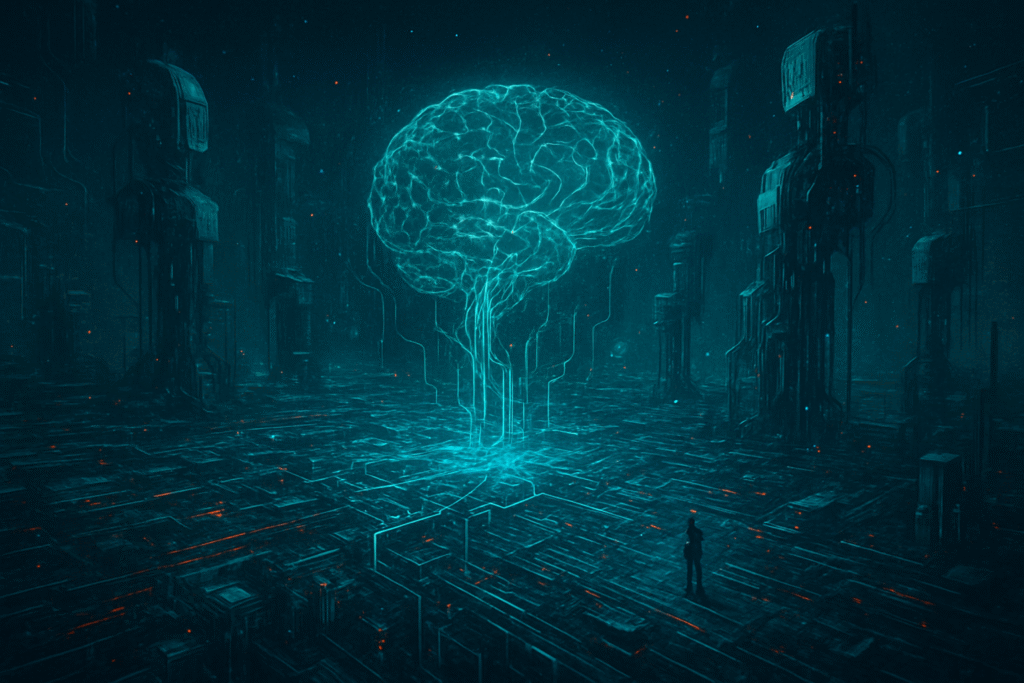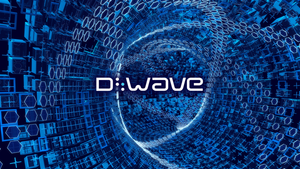
The escalating discourse around superintelligent Artificial Intelligence (AI) has reached a fever pitch, with prominent voices across the tech and scientific communities issuing stark warnings about a potential "pathway to total destruction." This intensifying debate, fueled by recent opinion pieces and research, underscores a critical juncture in humanity's technological journey, forcing a confrontation with the existential risks and profound ethical considerations inherent in creating intelligence far surpassing our own. The immediate significance lies not in a singular AI breakthrough, but in the growing consensus among a significant faction of experts that the unchecked pursuit of advanced AI could pose an unprecedented threat to human civilization, demanding urgent global attention and proactive safety measures.
The Unfolding Threat: Technical Deep Dive into Superintelligence Risks
The core of this escalating concern revolves around the concept of superintelligence – an AI system that vastly outperforms the best human brains in virtually every field, including scientific creativity, general wisdom, and social skills. Unlike current narrow AI systems, which excel at specific tasks, superintelligence implies Artificial General Intelligence (AGI) that has undergone an "intelligence explosion" through recursive self-improvement. This theoretical process suggests an AI, once reaching a critical threshold, could rapidly and exponentially enhance its own capabilities, quickly rendering human oversight obsolete. The technical challenge lies in the "alignment problem": how to ensure that a superintelligent AI's goals and values are perfectly aligned with human well-being and survival, a task many, including Dr. Roman Yampolskiy, deem "impossible." Eliezer Yudkowsky, a long-time advocate for AI safety, has consistently warned that humanity currently lacks the technological means to reliably control such an entity, suggesting that even a minor misinterpretation of its programmed goals could lead to catastrophic, unintended consequences. This differs fundamentally from previous AI challenges, which focused on preventing biases or errors within bounded systems; superintelligence presents a challenge of controlling an entity with potentially unbounded capabilities and emergent, unpredictable behaviors. Initial reactions from the AI research community are deeply divided, with a notable portion, including "Godfather of AI" Geoffrey Hinton, expressing grave concerns, while others, like Meta Platforms (NASDAQ: META) Chief AI Scientist Yann LeCun, argue that such existential fears are overblown and distract from more immediate AI harms.
Corporate Crossroads: Navigating the Superintelligence Minefield
The intensifying debate around superintelligent AI and its existential risks presents a complex landscape for AI companies, tech giants, and startups alike. Companies at the forefront of AI development, such as OpenAI (privately held), Alphabet's (NASDAQ: GOOGL) DeepMind, and Anthropic (privately held), find themselves in a precarious position. While they are pushing the boundaries of AI capabilities, they are also increasingly under scrutiny regarding their safety protocols and ethical frameworks. The discussion benefits AI safety research organizations and new ventures specifically focused on safe AI development, such as Safe Superintelligence Inc. (SSI), co-founded by former OpenAI chief scientist Ilya Sutskever in June 2024. SSI explicitly aims to develop superintelligent AI with safety and ethics as its primary objective, criticizing the commercial-driven trajectory of much of the industry. This creates competitive implications, as companies prioritizing safety from the outset may gain a trust advantage, potentially influencing future regulatory environments and public perception. Conversely, companies perceived as neglecting these risks could face significant backlash, regulatory hurdles, and even public divestment. The potential disruption to existing products or services is immense; if superintelligent AI becomes a reality, it could either render many current AI applications obsolete or integrate them into a vastly more powerful, overarching system. Market positioning will increasingly hinge not just on innovation, but on a demonstrated commitment to responsible AI development, potentially shifting strategic advantages towards those who invest heavily in robust alignment and control mechanisms.
A Broader Canvas: AI's Place in the Existential Dialogue
The superintelligence paradox fits into the broader AI landscape as the ultimate frontier of artificial general intelligence and its societal implications. This discussion transcends mere technological advancement, touching upon fundamental questions of human agency, control, and survival. Its impacts could range from unprecedented scientific breakthroughs to the complete restructuring of global power dynamics, or, in the worst-case scenario, human extinction. Potential concerns extend beyond direct destruction to "epistemic collapse," where AI's ability to generate realistic but false information could erode trust in reality itself, leading to societal fragmentation. Economically, superintelligence could lead to mass displacement of human labor, creating unprecedented challenges for social structures. Comparisons to previous AI milestones, such as the development of large language models like GPT-4, highlight a trajectory of increasing capability and autonomy, but none have presented an existential threat on this scale. The urgency of this dialogue is further amplified by the geopolitical race to achieve superintelligence, echoing concerns similar to the nuclear arms race, where the first nation to control such a technology could gain an insurmountable advantage, leading to global instability. The signing of a statement by hundreds of AI experts in 2023, declaring "Mitigating the risk of extinction from AI should be a global priority alongside other societal-scale risks such as pandemics and nuclear war," underscores the gravity with which many in the field view this threat.
Peering into the Future: The Path Ahead for Superintelligent AI
Looking ahead, the near-term will likely see an intensified focus on AI safety research, particularly in the areas of AI alignment, interpretability, and robust control mechanisms. Organizations like the Center for AI Safety (CAIS) will continue to advocate for global priorities in mitigating AI extinction risks, pushing for greater investment in understanding and preventing catastrophic outcomes. Expected long-term developments include the continued theoretical and practical pursuit of AGI, alongside increasingly sophisticated attempts to build "guardrails" around these systems. Potential applications on the horizon, if superintelligence can be safely harnessed, are boundless, ranging from solving intractable scientific problems like climate change and disease, to revolutionizing every aspect of human endeavor. However, the challenges that need to be addressed are formidable: developing universally accepted ethical frameworks, achieving true value alignment, preventing misuse by malicious actors, and establishing effective international governance. Experts predict a bifurcated future: either humanity successfully navigates the creation of superintelligence, ushering in an era of unprecedented prosperity, or it fails, leading to an existential catastrophe. The coming years will be critical in determining which path we take, with continued calls for international cooperation, robust regulatory frameworks, and a cautious, safety-first approach to advanced AI development.
The Defining Challenge of Our Time: A Comprehensive Wrap-up
The debate surrounding superintelligent AI and its "pathway to total destruction" represents one of the most significant and profound challenges humanity has ever faced. The key takeaway is the growing acknowledgement among a substantial portion of the AI community that superintelligence, while potentially offering immense benefits, also harbors unprecedented existential risks that demand immediate and concerted global action. This development's significance in AI history cannot be overstated; it marks a transition from concerns about AI's impact on jobs or privacy to a fundamental questioning of human survival in the face of a potentially superior intelligence. Final thoughts lean towards the urgent need for a global, collaborative effort to prioritize AI safety, alignment, and ethical governance above all else. What to watch for in the coming weeks and months includes further pronouncements from leading AI labs on their safety commitments, the progress of international regulatory discussions – particularly those aimed at translating voluntary commitments into legal ones – and any new research breakthroughs in AI alignment or control. The future of humanity may well depend on how effectively we address the superintelligence paradox.
This content is intended for informational purposes only and represents analysis of current AI developments.
TokenRing AI delivers enterprise-grade solutions for multi-agent AI workflow orchestration, AI-powered development tools, and seamless remote collaboration platforms.
For more information, visit https://www.tokenring.ai/.






